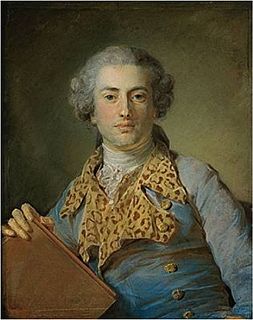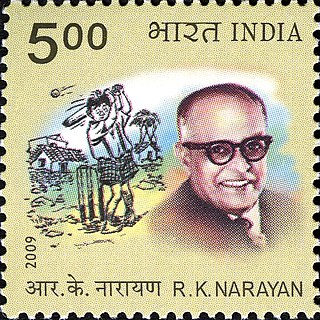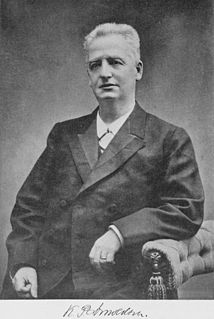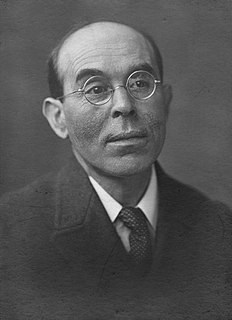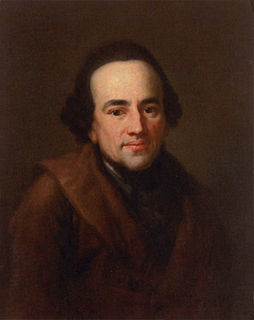A Quote by Jean-Georges Noverre
In order that our art may arrive at the degree of the sublime which I demand and hope for, it is imperative for dancers to divide their time and studies between the mind and the body, and that both become the object of their application; but, unfortunately, all is given to the latter and nothing to the former. The legs are rarely guided by the brain, and, since intelligence and taste do not reside in the feet, one often goes astray.
Related Quotes
Not merely hope, but any burdensome yearning: ambition, hatred, love (especially love) - how rarely do our emotions meet the object they seem to deserve? How hopelessly we signal; how dark the sky; how big the waves. We are all lost at see, washed between hope and despair, hailing something that may never come to rescue us. Catastrophe has become art; but this is no reducing process. It is freeing, enlarging, explaining. Catastrophe has become art: that is, after all, what it is for.
Both old and young alike ought to seek wisdom: the former in order that, as age comes over him, he may be young in good things because of the grace of what has been, and the latter in order that, while he is young, he may at the same time be old, because he has no fear of the things which are to come.
The progress of science has always been the result of a close interplay between our concepts of the universe and our observations on nature. The former can only evolve out of the latter and yet the latter is also conditioned greatly by the former. Thus in our exploration of nature, the interplay between our concepts and our observations may sometimes lead to totally unexpected aspects among already familiar phenomena.
The difference between a simpleton and an intelligent man, according to the man who is convinced that he is of the latter category, is that the former wholeheartedly accepts all things that he sees and hears while the latter never admits anything except after a most searching scrutiny. He imagines his intelligence to be a sieve of closely woven mesh through which nothing but the finest can pass.
Two aesthetics exist: the passive aesthetic of mirrors and the active aesthetic of prisms. Guided by the former, art turns into a copy of the environment's objectivity or the individual's psychic history. Guided by the latter, art is redeemed, makes the world into its instrument, and forges, beyond spatial and temporal prisons, a personal vision.
The difference between a man who faces death for the sake of an idea and an imitator who goes in search of martyrdom is that whilst the former expresses his idea most fully in death it is the strange feeling of bitterness which comes from failure that the latter really enjoys; the former rejoices in his victory, the latter in his suffering.
I find that somehow, by shifting the focus of attention, I become the very thing I look at, and experience the kind of consciousness it has; I become the inner witness of the thing. I call this capacity of entering other focal points of consciousness, love; you may give it any name you like. Love says "I am everything". Wisdom says "I am nothing". Between the two, my life flows. Since at any point of time and space I can be both the subject and the object of experience, I express it by saying that I am both, and neither, and beyond both.
A good taste in art feels the presence or the absence of merit; a just taste discriminates the degree--the poco piu and the poco meno. A good taste rejects faults; a just taste selects excellences. A good taste is often unconscious; a just taste is always conscious. A good taste may be lowered or spoilt; a just taste can only go on refining more and more.
Without [hope and] confidence in a cause, there is no action. Ignorance may be enlightened, superstition wiped out; intolerance may become tolerant, and hate be changed into love; ideas may be quickened, intelligence widened, and men's hearts may be ennobled; but from pessimism which can see nothing but gloomy visions nothing is to be expected.
How often I admire the taste shown in the garden which, within the house, may be indifferent. Here is an art which is today probably more perfect than at any previous time, one which does not break with the past, while it brings a sense of comely order, and a radiant beauty, to cottage and manor alike.
The experience of being in between-between the time we leave home and arrive? at our destination; between the time we leave adolescence and arrive at adulthood; between the time we leave doubt and arrive at faith. It is like the time when a trapeze artist lets go the bars and hangs in midair, ready to catch another support: it is a time of danger, of expectation, of uncertainty, of excitement, or extraordinary aliveness.
